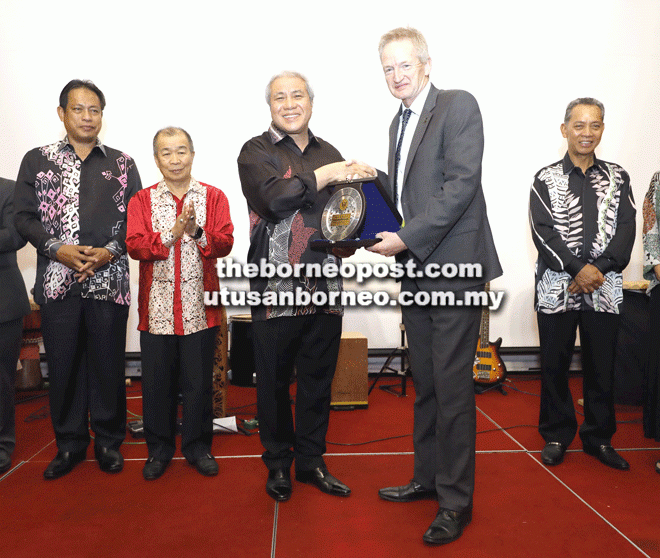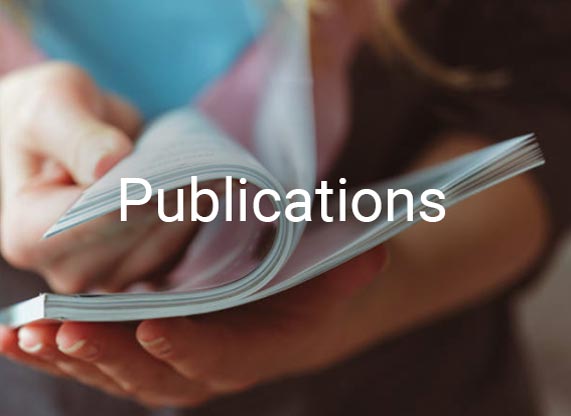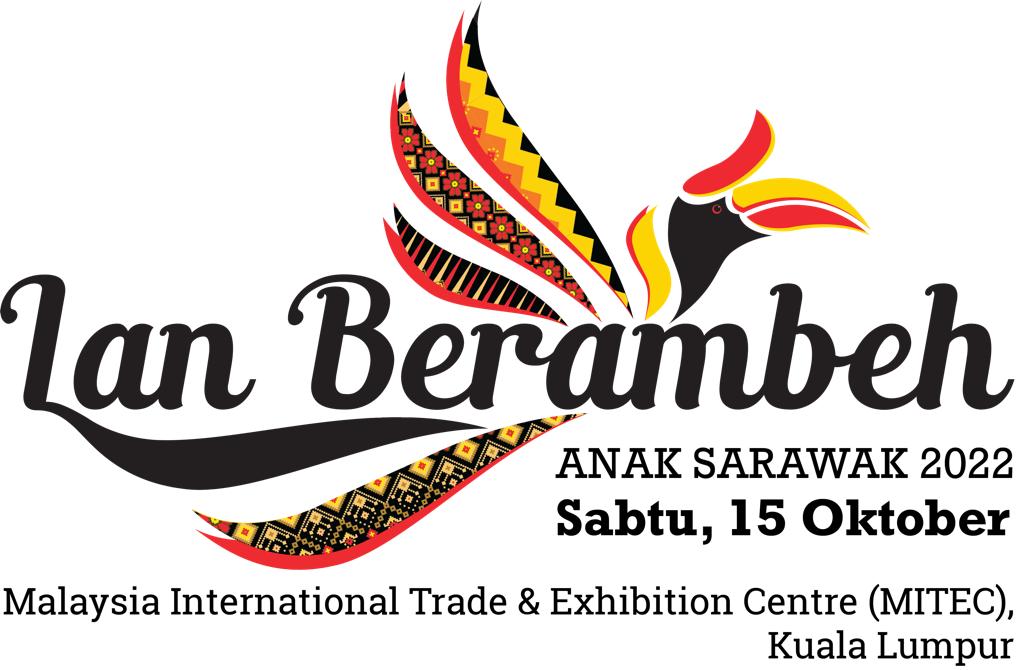| AJAX Error Sorry, failed to load required information. Please contact your system administrator. |
|
|
| Close | ||
| Loading..... |
‘Govt’s Focus On Eco-excellence, Biodiversity’
Date : 04 October 2018 Source : The Borneo Post
 Awang Tengah presents Wilson (second right) with a token of appreciation. Also seen are (from left) Dr Abdul Rahman, Naroden and Dr Penguang. — Photo by Chimon Upon
Awang Tengah presents Wilson (second right) with a token of appreciation. Also seen are (from left) Dr Abdul Rahman, Naroden and Dr Penguang. — Photo by Chimon Upon
KUCHING: The Sarawak government has not reneged on its obligation towards environmental excellence and the conservation of biodiversity.
Deputy Chief Minister Datuk Amar Awang Tengah Ali Hasan said it is for this reason that the state immediately gazetted its own environmental law — the Natural Resources and Environment (Amendment) Ordinance 1993 (NREO) — and subsequently established the Natural Resources and Environment Board (NREB) back in 1994.
“The role of NREB is to enforce environmental compliance for all development activities in the state to ensure that emerging environmental issues are properly addressed and mitigated,” he said when officiating at the International Association of Impact Assessment (IAIA) Special Symposium 2018 closing dinner at a leading hotel here on Tuesday.
Apart from that, he also noted that the implementation of the Environmental Impact Assessment (EIA) process in Sarawak has to a greater extent succeeded in tackling emerging environmental issues and reduced any adverse impact of development to the state’s environmental ecosystems.
“To encourage greater public participation, the state government also introduced the Social and Environmental Impact Assessment for many sensitive and mega projects implemented in the state such as the hydro dam project, industrial parks at Samalaju in Bintulu and Pan Borneo Highway project, to name a few.”
The Second Urban Development and Natural Resources Minister added that as a way forward to enhance environmental stewardship within the private sector, self-regulation under the Natural Resources and Environment (Audit) Rules 2008 was also introduced.
“Under these rules, developers are required to carry out internal audit to determine the status of compliance to the EIA terms and approval conditions issued by the NREB and to be externally audited by third party.
“The state government has provided and equipped enforcement agencies like the NREB with adequate resources and trained manpower to carry out enforcement works and to deter any illegal activities that undermine and threaten environmental integrity of the state.”
He also outlined a few significant and noble efforts carried out by the Sarawak government for biodiversity conservation such as the state’s commitment to gazette about one million hectares of biodiversity hotspot areas under Totally Protected Areas by 2020; the state’s commitment to designate about six million hectares under the Permanent Forest Estate in view that the forestry sector serves as one of the major development sectors for Sarawak; and 29 water catchment areas covering an area of about 4.08 million hectares have been gazetted while another 58 catchment areas or about 4.1 million hectares have been identified for future gazettement to protect water resources and to ensure equitable distribution of potable water.
On the special symposium, he said the two-day event provided an important platform for learning, knowledge sharing and forging partnerships for pursuing the sustainable development goals in this region.
“It is our sincere hope that this IAIA Symposium will achieve its objectives and delegates, especially local EIA practitioners, officials and non-governmental organisations, have benefited significantly from the gathering which include presentation of few keynote papers by renowned international impact assessment (IA) practitioners, sharing of experience and innovation on impact assessment and sustainability management in advancing sustainable development goals in respective countries.”
He pointed out that impact assessment can provide an important basis for providing both the private and public sectors the necessary tools and techniques to better engage in a more balanced and equitable development approach.
“To this end, we need to mobilise all stakeholders to work together, forging stronger partnerships. We need new ways of living, coupled with stronger political will to end poverty, inequality and injustice.
“Above all, we need communities that extol values of integrity, accountability and transparency.”
International delegates from 13 countries gathered here for the IAIA Special Symposium to discuss the use of impact assessment to achieve the United Nations’ Sustainable Development Goals in Asia.
Organised by IAIA with the assistance of institutional partners Swinburne University of Technology Sarawak Campus, NREB, Sanata Dharma University and Sarawak Convention Bureau, the symposium also looked into how voluntary IA tools and techniques can be used in a region where regulatory efforts around IAs continue to experience challenges.
Also present were Assistant Minister of Entrepreneur and Small, Medium Enterprise (SME) Development Datuk Naroden Majais, Assistant Minister of Local Government Datu Dr Penguang Manggil, Assistant Minister of Agriculture Dr Abdul Rahman Ismail and Swinburne Sarawak deputy vice-chancellor and chief executive officer Prof John Wilson.
State Secretary
Sarawak State Secretary Office,
Level 20 , Wisma Bapa Malaysia
Petra Jaya, 93502 Kuching
Tel :082-441957
Fax :082-441677
Email: 555999@sarawak.gov.my
Copyright © 2018-2024 Sarawak Government. All rights reserved.
Disclaimer: The Government of Sarawak shall not be liable for any loss or damage caused by the usage of any information obtained from this portal. Services provided through this portal are subject to the terms and conditions of the respective providers
Best viewed with latest Firefox and latest Google Chrome in 1024 x 768 screen resolution.
No. of visitors 23966476




